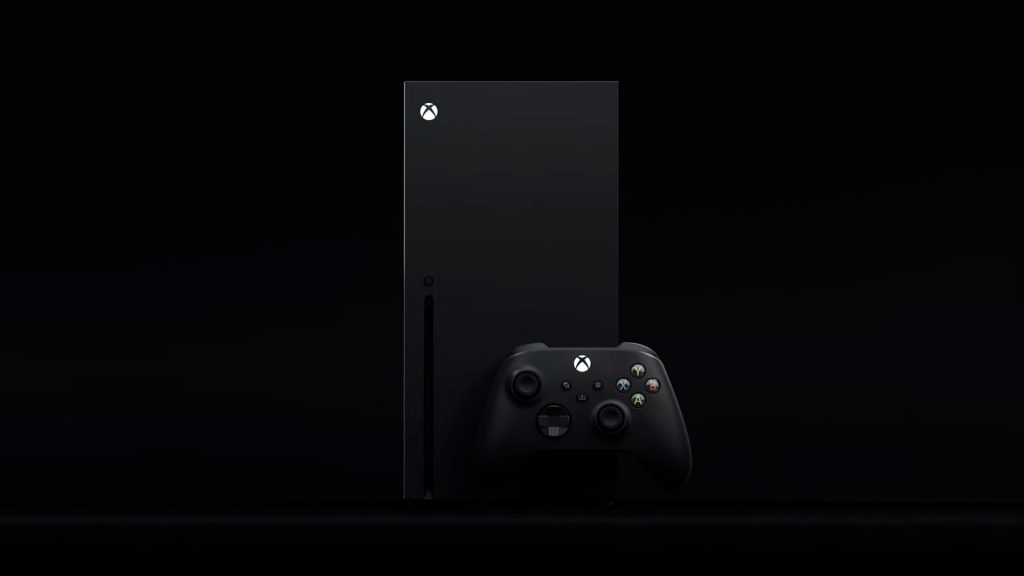
Ah, the big teraflop question. Even before the eighth-gen consoles were released, rumours indicated that Durango (the Xbox One) had a 1.34 Teraflop graphics processing unit while Orbis (the PS4) was set to feature a 1.84 Teraflop GPU. This was taken by the press and the wider community as meaning that the PS4 had 50 percent faster graphics. While this isn’t exactly far off the mark in terms of raw number-crunching, real-life results weren’t very clear.
With the arrival of the Xbox One X and the PS4 Pro, where the 6 Teraflop and 4.2 Teraflop figures came into the picture, things became even less clear. For starters, these consoles both had profound CPU bottlenecks, limiting GPU utilisation even when the resources are on tap. What this meant was that performance, image quality, and resolution didn’t always scale perfectly between the Xbox One X and the PS4 Pro. Sometimes, there was a substantial gap, and other times, there was parity.
With rumours now pegging PS5 and Xbox Series X GPU performance in the 10 teraflop-plus range, important questions arise: exactly how fast are these consoles? And, if there’s a substantial gap in GPU performance between the two, what will that mean for games?
So what is a Teraflop, anyways?
This is a fundamental question that needs to be addressed before we even start discussing teraflops in the context of the PS5 and Xbox Series X. To put it simply, a teraflop is a measure of how many trillion floating point operations a processor can handle in one second. While floating point calculations aren’t the only type of calculation your GPU can perform, floating point operations are crucial for graphics rendering. This means that FLOPs are a decent (though not universally valid) approximation of GPU performance. Overall GPU performance would need to account for a number of other factors such as memory bandwidth, integer performance, and other bottlenecks, such as thermal throttling and CPU bottlenecking.
For example, the RTX 2080 Ti—the fastest consumer GPU to date—delivers close to 16 TFLOPS of compute performance. This is nearly 50 percent greater than the 10 TFLOP RTX 2070 Super. However, the former doesn’t always perform 50 percent faster than the latter in games: typically, you see a 30 percent or so performance delta. And, when, for instance, resolution scaling and adaptive sharpening are taken into consideration, the 2070 Super can deliver a final output that’s very close to the 2080 Ti at a native 4K.
Another key factor is that floating point performance cannot used to compare GPUs on different architectures. For example, large but relatively inefficient shader arrays meant that the GCN-based AMD RX Vega 64 delivered as much as 13.5 TFLOPS of compute power. In purely synthetic floating-point workloads, this means that the Vega 64 could conceivably compete with the likes of the RTX 2080 Ti. However, in actual games, Vega 64 performance is far lower. As a matter of fact, the 9 TFLOP RX 5700 XT, built on AMD’s newer RDNA architecture, delivers substantially better in-game performance, even though its theoretical floating point performance in lower.
That being said, in typical gaming workloads that are not CPU bound, GPU performance measured in FLOPS will give you a good picture of in-game performance. The higher the floating point performance, the higher the GPU power.
Why do Teraflops matter for PS5 and Xbox Series X?
Rumors and leaks so far give us a fairly complete picture of what the PS5 and Xbox Series X will look like in hardware terms. Both consoles are expected to feature a Zen 2-based CPU with 8 cores, running at typical Zen 2 clock speeds—between 3-4 GHz. The two consoles will also likely feature 16-24 GB of VRAM, with bandwidth that’s in the 400-600 GB/s range. The main performance differentiator that rumors have consistently spoken about is in terms of GPU capabilities.
While both the PS5 and Xbox Series X’s GPUs are built on AMD’s RDNA architecture—meaning that performance figures are comparable—the Xbox Series X is expected to feature as much as 30-50 percent more shaders. Thanks to a PC-esque form factor, it may also run its GPU at higher clockspeeds than the PS5. Put together, this would mean that there’s a theoretical performance delta of at least 50 percent between the PS5 and Xbox Series X, in pure floating point terms.
What would this mean for games, though? In limited, and highly GPU-bound scenarios (for example, a hypothetical new Mortal Kombat game), we would see real-world gaming performance trend towards the Teraflop gap between the PS5 and Xbox Series X. A 50 percent deficit would mean that, in titles the Xbox Series X delivers at 4K/60, the PS5 might have to use a lower framebuffer or toned down effects to match the latter. In GPU-bound games that don’t fully utilise either graphics card—and this is often the case with launch-era titles—the gap might be substantially lower. In these titles, we expect to see performance and image quality parity between the PS5 and Xbox Series X.
When it comes to more CPU-bound scenarios—in open world games, for instance, the Xbox Series X will almost certainly enjoy a substantial performance lead. This might not scale linearly with the GPU performance deficit, however. In for, example, next year’s rumoured Assassin’s Creed title, we’d expect the Xbox Series X to deliver generally better frame rates and image quality.
This would not mean that the PS5 does a poor job in either department. And, crucially, it does not mean that the PS5 experience is 50 percent worse than the Xbox Series X experience. Between frame reconstruction techniques, smart cutbacks to settings and the limits of the average human eye, the perceived difference—while certainly visible—will be much more subtle.
All in all, we believe that a difference in GPU compute performance between the PS5 and Xbox Series X should be a factor in your purchase decision, but only that—a factor, among several others. Both machines are remarkably powerful and will deliver experiences far in excess of what eighth-gen consoles offer. Developers at first-party studios will be sure to push both consoles in ways that go above and beyond the constraints of multi-plat titles.



















Share Your Thoughts Below (Always follow our comments policy!)